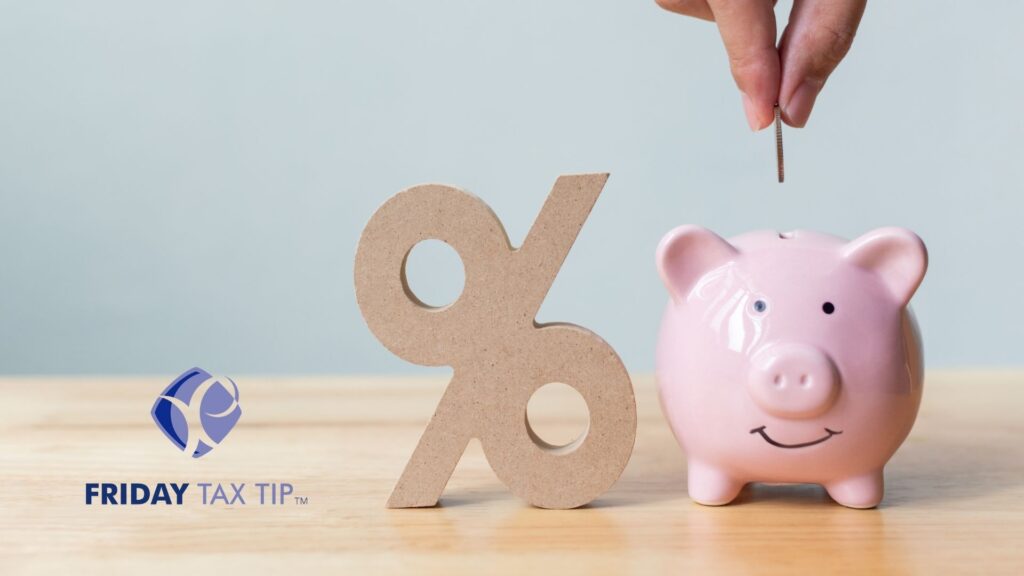
The government has tried to stop people from building up a pension worth over £1 million.
To do this they’ve introduced penalties of up to 55% for anyone who breaches the £1,073,100 lifetime pension limit.
However, there are ways to reduce these charges, which mean you could be paying tax well below the basic rate.
How to pay under 5% tax on a pension?
The lifetime pension allowance of £1,073,100 is frozen until at least April 2026.
What Happens to my pension when i’m 75?
Assuming no other money was taken out when you reach 75 years of age, the lifetime allowance remaining would be £173,100.
This is the point when the second calculation is done.
As you have £430,000 in the original pension, this is £256,900 above the remaining lifetime allowance.
Whilst your money has been in your pension pot it will have been growing. The tax on this would be charged at 25%, assuming you take it as income. This would be a total tax bill of £64,225. This will usually be taken out directly by the pension company.
At this point, a total of £64,225 tax has been paid on a pension pot of £1.3 million, which is an effective tax rate of 4.94%, which is significantly lower than income tax.
The pension would not be subject to any further lifetime allowance tax charges after age 75, and you can either keep the money invested or take it as income which will be taxed at your normal income tax rate.
Leaving the money invested can help to reduce the Inheritance Tax (IHT). If when inherited, the beneficiary takes the lump sum, then this would count as income, and they would be charged as high as 45% on it. Plus, even after paying income tax, it would still form part of the estate, and therefore would be subject to IHT.
If the beneficiary left the money invested, they would only pay the income tax on whatever they withdraw. If a grandchild has no income, then they could withdraw £12,570 tax-free from the pot as this would use up their personal allowance.
The beneficiaries can name their own beneficiaries who could inherit these pension pots when they die, and if they die before the age of 75 then the pot would be available tax-free. If they died after 75, then the pot would be taxed in the same way as previously described.
Free money with your pension
Kind regards Ilyas

